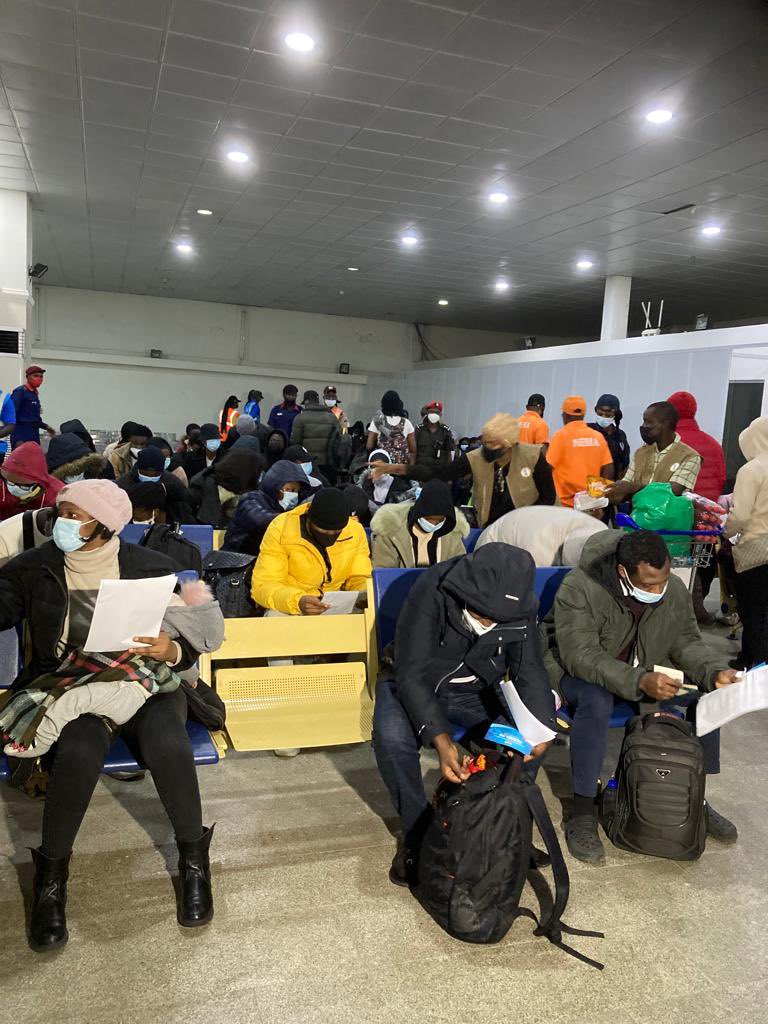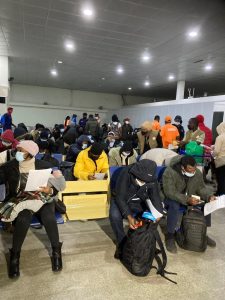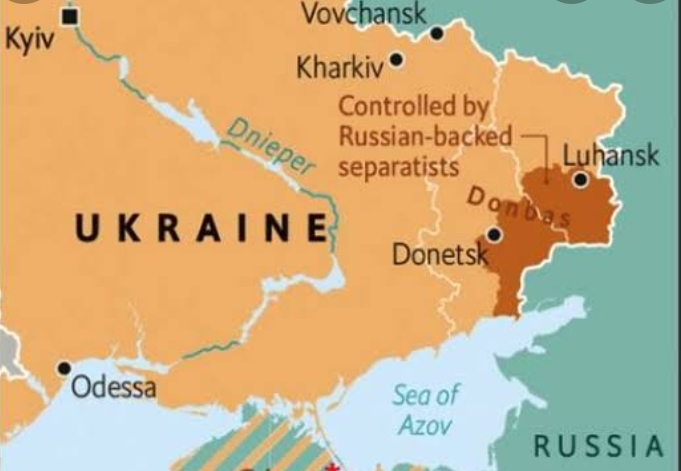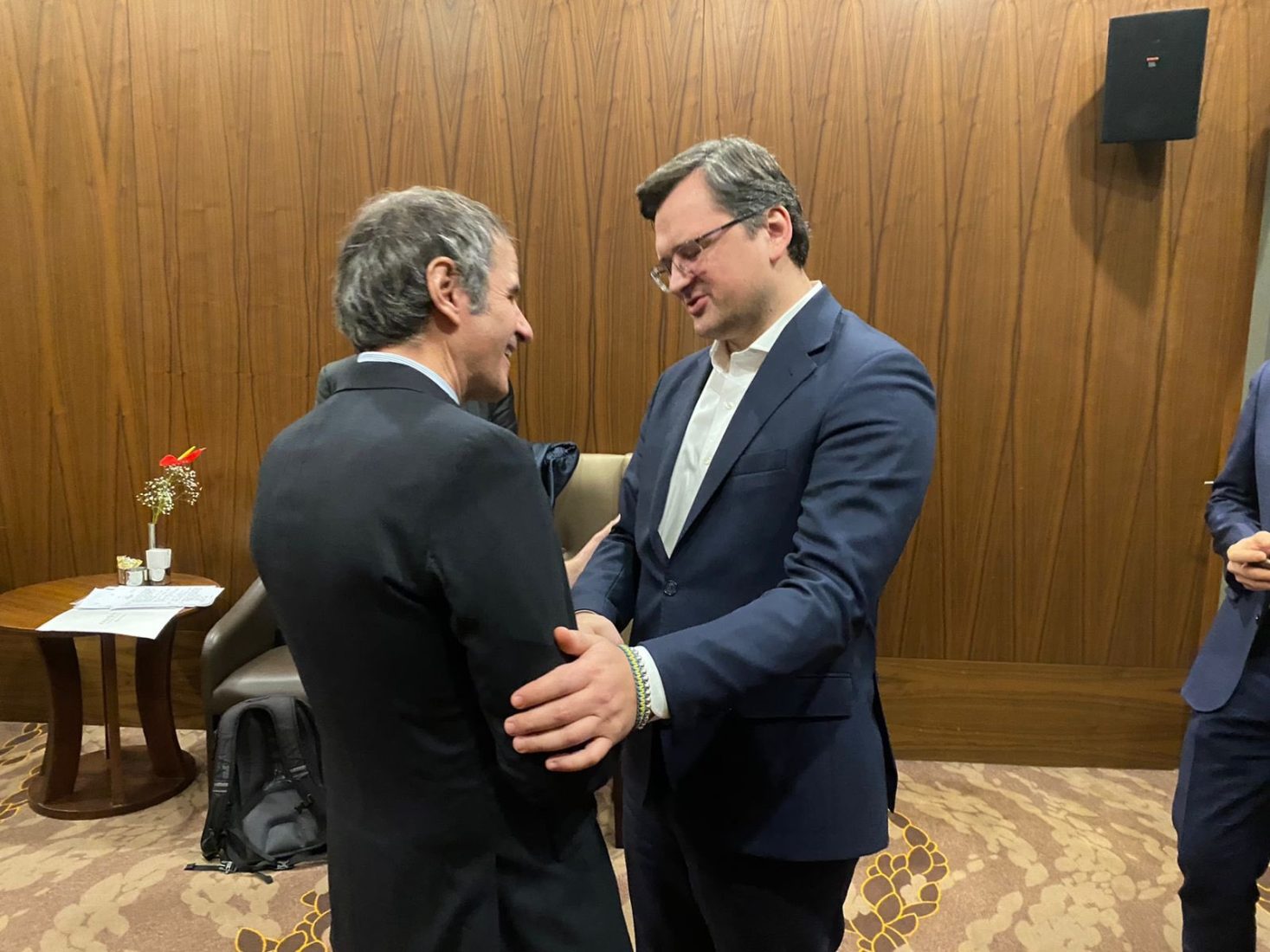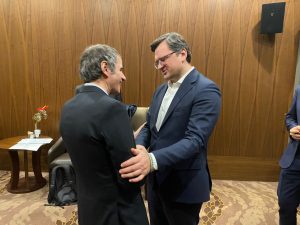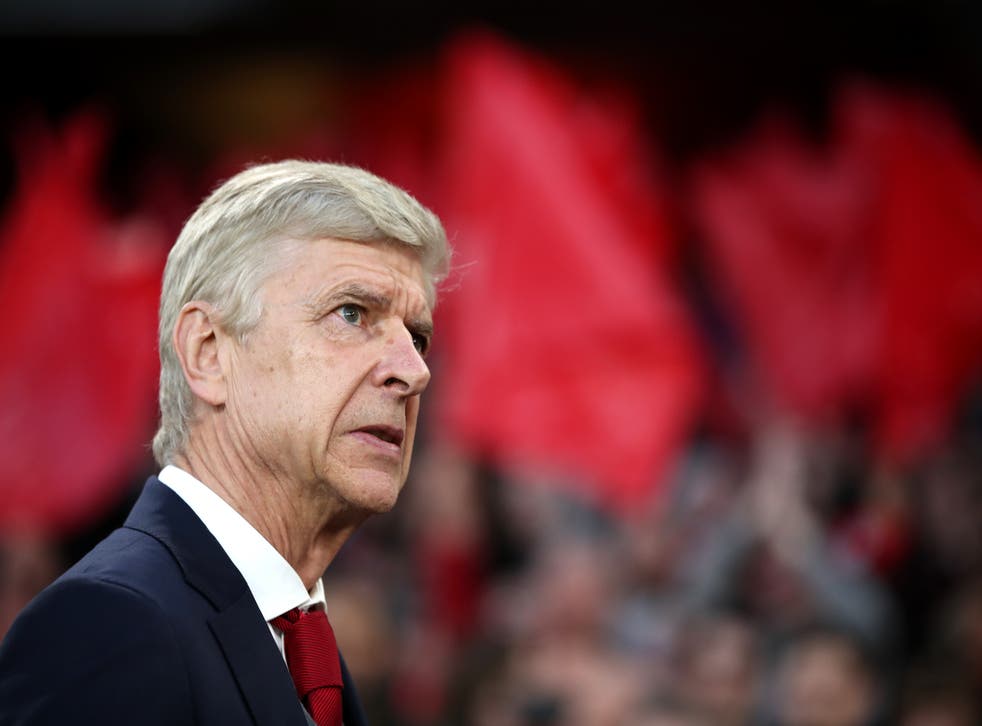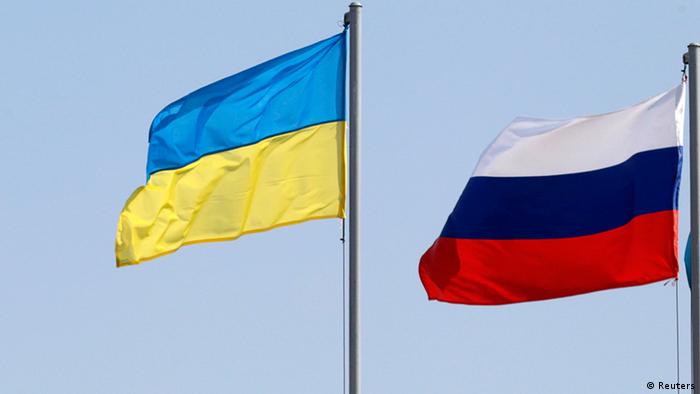By Chidi Amuta
The military junta in Mali recently chased away the French ambassador to the country. In quick response to a degenerating reciprocal diplomatic nastiness, President Emmanuel Macron ordered the withdrawal of a French stabilization force of over 3500 from Mali. The French troops had in 2013 gone to save the government in Bamako from being toppled by Islamic jihadists advancing from its northern regions and poised to overrun the country. The French troops quickly neutralized the jihadist advance and saved Mali from becoming an Islamic fundamentalist state.
Quite significantly, the Bamako junta has quickly signed on a contingent of 1000 Russian mercenaries to replace the withdrawing French troops. The Russian mercenaries came from the infamous Wagner Group which enjoys the support and patronage of the Kremlin and corporate Russia. The Wagner Group is backed Yevgeny Prigozhin, Putin’s intimate friend.
The Group is reportedly also in cahoots with cells of the Russian Mafia. In the raging Ukraine invasion, for instance, a contingent of 400 mercenaries from the Wagner Group were dispatched to infiltrate into Kyiv for the sole aim of assassinating President Zelensky. Ukrainian intelligence uncovered the plot and it has been frustrated so far. Undeterred, Moscow is reportedly in the process of increasing the Ukraine Wagner Group mercenary task force to 1000, to carry out various destabilization operations in the light of the frustration of the Russian mission in Ukraine.
The Russian mercenaries in Mali are merely an expeditionary force tacitly supported by the Kremlin to probe a strategic opening in the region. With close links to Russian intelligence and big business, the Wagner Group mercenaries are out to explore new areas of strategic vulnerability and declining Western influence in troubled spots around the world.
In the short run, the Russian mercenaries are likely to neutralize the jihadist menace in Mali and wherever else they go in West Africa, making their services an attractive security option to more troubled countries. These would be countries from which the French may still withdraw or those with ineffective national security apparatus.
The Russian mercenaries may however have a wider interest than instant cash payments for their services. In return for securing vital mineral locations, they might negotiate mineral prospecting rights and contracts for major Russian corporations. If the venture becomes lucrative, an ambitious and aggressive Moscow might see an opening to expand its strategic influence in West Africa if only to fill the gap being left by a major West European power.
If what is happening in Mali is an indication of the direction of developments in West Africa’s French speaking states, the presence of Moscow inspired mercenaries and hordes of Chinese contractors and free lance minerals marauders in the region could herald a tectonic shift in the strategic character of the region.
French speaking countries bordering the Sahel have recently begun to witness a systematic reduction in French influence and support. Social and economic circumstances are worsening as France curtails its economic support for its erstwhile colonies. Islamic jihadist insurgents have recently ramped up pressure on these countries, squeezing their weakened security forces.
In turn, their fragile democratic governments are being systematically overthrown by ambitious military adventurists. In quick succession, Mali, Guinea, Burkina Faso and Chad have all recently witnessed military coups. In each case, the cocktail of justifications by coup makers have included the bad handling of jihadist insurgency and terrorist pressure by elected governments.
As French troops leave Mali in an untidy haste, the possibility that French military stabilization forces in the other West African countries could- also decline is clear and present. French domestic opinion in an election year is against continued support for its long -standing African former colonies and dependencies. There has of late been a general weariness about the continuation of colonial liabilities among the French populace.
The return of military juntas in the region is a convenient reason for a weary France to pull support from its prodigal African dependents. After all, military regimes are anti democratic and a major European country like France can use this string of new dictatorships in former colonies as enough reason to cut off or drastically aid and support. Clearly, the resurgence of political instability in French West Africa as evidenced in these silly coups is a product of two major factors: a reduction in France’s interest and support and security pressure from increasing Islamic jihadist armed activity in the Sahel.
The Sahel has since been recognized as a strategic nightmare for West Africa, Europe and indeed the rest of the world that is worried by the expansion of Islamic jihadist violence. Similarly, illegal migration of unskilled Africans across the Meditarennean with transit through the Sahel remains a headache for Europe. The Sahel is a hostile, barren, poverty stricken and unstable zone that spans many West African countries. Guinea, Mali, Cote d”Ivoire, Chad, Niger, Burkina Faso and Nigeria are all in the direct footprints of the Sahel.
By all estimates, the Sahel has become the world headquarters of jihadist terrorism. In 2021, the Global Terrorism Index reported that half of all those killed in terrorist attacks worldwide were from sub Saharan Africa with the Sahel recording the highest figures. The Institute for Economics and Peace records that the Sahel accounts for 35% of the sub Saharan terrorist casualties. By most accounts, the leading jihadist group affiliated to al- Queda in the region is Jama’t Nasr al-Islam wal Muslimin. In different countries in the Sahel, this umbrella group goes by different local names and parades diverse iterations.
In all of these countries, the spread of Islamic jihadist terrorism has in recent years complicated the task of individual national security and bedeviled regional strategic stability. In addition to the armed jihadist activity, these countries are all subject to the impact of climate change induced by the southward expansion of the Sahara desert . Drought has shrunk agricultural land. Agricultural communities have gotten poorer. There has been a forced southward migration of large populations and increased unenemp;oyment. Many of the unemployed and hungry youth have joined violent jihadist movements thereby destabilizing some the countries.
Mali has set a dangerous precedent. The junta in Bamako has used the face off with France as a distraction from its reluctance to honour previous pledges to hand over power to elected democratic rulers. The Mali precedent is that of replacing a colonial military presence with rogue mercenary elements from Russia. The possibility that the other juntas in the neigbourhood could buy into the propaganda and seek Russian help against their own jihadists is within the zone of possibility.
This development is coming at a time when France is actively re-assessing its relationship with its former colonies. The economic benefits have shrunk. The cultural affinity is dying. The security assistance budget is getting too bloated for a France that is faced with severe economic challenges at home.
The impression that France’s Mali disconnection has created goes beyond a quarrel between a former colony and its old master. It signals an impending shrinkage in a major Western interest in West Africa. For historical reasons, there is hardly any other Western contender that could fill the vacuum that France could leave in its West African former colonies. And in the context of present day global power competition, Russia and China are ever so eager to rush into strategic spaces vacated by the West. The new contest in world affairs is between the liberal democratic West and an ambitious autocratic alliance of China and Russia. Western appetite for foreign markets and sources of raw materials is declining while China is hungry for a global sphere of influence. Russia, a rogue ambitious state thrives on dark schemes involving arms and violence in vulnerable places.
The Chinese are already copiously present in West Africa as contractors, concessionary lenders of funds for development and vendors of different wares. They are involved in financing and actual execution of major infrastructure projects ranging from railroads to airports, highways and bridges. Russia does not have credit or technical aid to export. But it has excess capacity in terms of redundant Soviet era veterans, an array mothballed military hardware and major corporations with an appetite for mineral rights, raw materials for their industries and government contracts. Cash strapped West African countries that cannot defend themselves in spite of their large standing armies are easy prey to such nefarious Russian influence. The danger of an expansion of Russian influence could become real in the event that more West African countries collapse into a heap of insecurity and economic hopelessness.
Russian influence in Africa remains sporadic and uncoordinated but cannot be ignored as a significant part of the strategic future of the continent. 2019- inaugural Russia-Africa Summit in Sochi attended by 43 African countries. It was a forum for Mr. Putin to critique the West’s policies towards Africa. Nonetheless, Russia’s trade with Africa is only 2% of Africa’s goods trade with the rest of the world. A Russian bank VEB now under Western sanctions is a share holder in the African Development Bank. Even then, Russia’s economic and military interest and roles in some African fragile states remains substantial. Russia is the largest arms supplier to African countries, a net extractor of mineral and other resources and a prop for fragile even if unpopular regimes.
Central African Republic is host to 2000 Wagner mercenaries where they are protecting the government from being overrun by rebels. They are being paid in gold and diamonds. In Guinea, Rusal, a major Russian aluminum company has three mines which supplied their factories in Ukraine, now closed, with bauxite from mines in Guinea. The junta in Guinea has chased away the Ukrainian envoy in the country to placate Mr. Putin.
On March 2nd, the UN General Assembly voted on Russia’s invasion of Ukraine. Of the 54 African member states, 28 voted against Russia while 17 abstained and 8 refused to show up. Towards Russia or more precisely the old Soviet Union, some elite nostalgia still exists in some African countries. Many of the first and second generation African elite in the days of the Cold War studied in the USSR. Ideological nostalgia towards the ‘evil empire’ is strongest in places like Mozambique, Angola, Zimbabwe, Namibia and South Africa where political parties that pioneered the independence and anti racist struggles were backed by the old Soviet Union. This does not signal an unconditional love for the West among African nations. African countries are yet to forget the Western destabilization of Libya in 2011.
For Nigeria, the last decade has witnessed a resilient insecurity, insurgency and jihadist criminality. Boko Haram has been joined by ISWAP in an unholy alliance that does not bode well for Nigeria. Their combined force has made the insecurity in parts of the North east even more problematic and intractable. Over a decade has gone by and no one can see the end of the insurgency in parts of northern Nigeria. A new wave of banditry and various iterations of casual terrorists now provide Boko Haram and ISWAP with captives. Between an outright counter insurgency war and what ought to be a crime control operation against free lance bandits lately branded terrorists by Abuja, no one knows the dividing line any more.
The seemingly intractable nature of these challenges has tempted many otherwise sensible political leaders and opinion leaders to throw up the mercenary option. It no longer matters to anyone that the mercenary option implies a tacit vote of no confidence in Nigeria’s large security forces on whom so much resources have been committed in the last 10 years and more. In the public perception, all the big generals and their dazzling medals, the sophisticated aircraft, fleets of armoured personnel carriers and assorted weapons seem to have been neutralized by bands of roving untrained rag tag terrorists. The call for the engagement of mercenaries is therefore a cry of helplessness and desperation.
As part of this sad twist to our narrative, the Jonathan administration in 2014 briefly engaged some South African mercenaries in the fight against Boko Haram just before the 2015 elections. No one can say for certain how effective this gambit was. Recently, Mr. Zulum, the Governor of Borno State, which is the epicenter of jihadist terrorism and insurgency in Nigeria, has advocated the engagement of mercenaries to contain the expanding influence of the insurgents. This governor has been in the front line of the ravages of the terrorists and is perhaps in the best position to offer a realistic assessment of how things stand.
For the avoidance of doubt, the factors that have made the mercenary option attractive to Mali are arguably present in Nigeria as well. Government security agencies that appear to be in disarray. Pressure from jihadist forces that seem unrelenting and increasingly audacious. Unmanned mining fields of solid mineral scattered in ungoverned spaces of states with failing governance structures. The presence of diverse foreign adventurers and rogue miners who arrange their own security and make illicit deals with local chieftains, state officials and rogue official security agents. Corruption within the official security establishment which is sabotaging genuine efforts at containing the jihadist onslaught. There is the reality of local populations who are beginning to find more protection in the hands of the jihadists than in the hands of government security forces. Local populations that are being forced to shift their allegiance and pay taxes and tributes to jihadist terror gangs who are more present than distant official security forces.
In this chaotic and dangerous atmosphere which is prevalent in many parts of Nigeria’s North West, if Russian mercenaries get a strong political nod from Nigerian leaders, they could become a ready alternative to our armed and security forces. In the event that the toxic proposition of engaging mercenaries acquires enough political support and traction, we may find ourselves playing host to thousands of Russian agents and combatants in the troubled parts of the country. In that event, if Vladimir Putin comes calling on Abuja for any reason, our politicians may find it expedient to welcome him to Maiduguri as our new partner in national and regional security.


